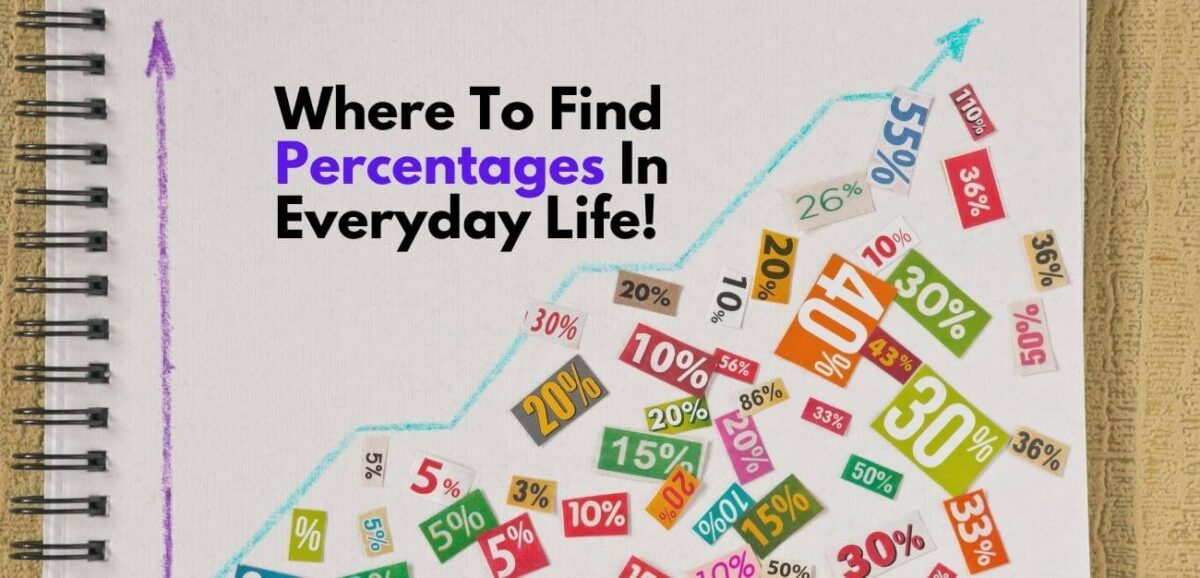From fractions to decimals, math concepts can be daunting for children at any age. However, as parents, you can help your child feel more confident in their math skills by introducing them to percentages and showing them that they’ll use it in all aspects of their lives – not only in math class. By exploring […]
Categories
Where To Find Percentages In Everyday Life


